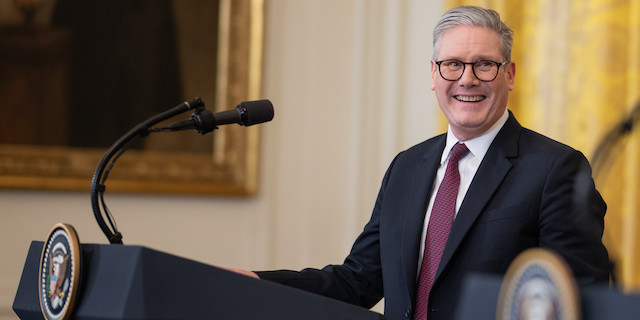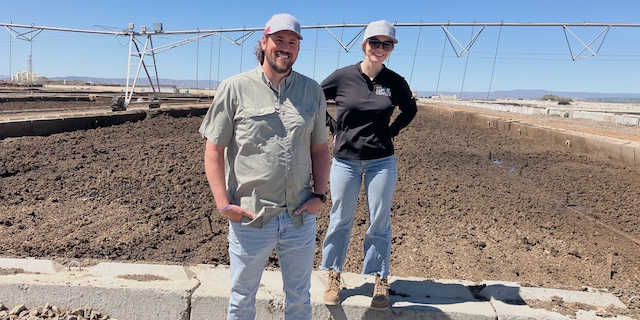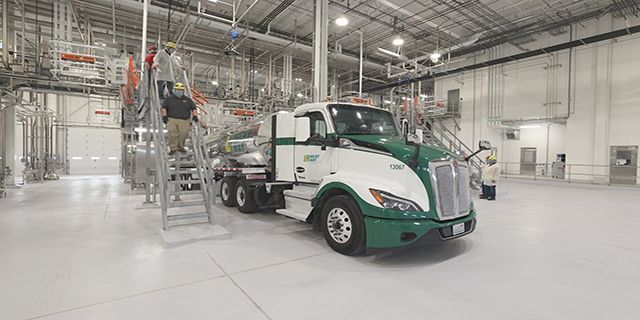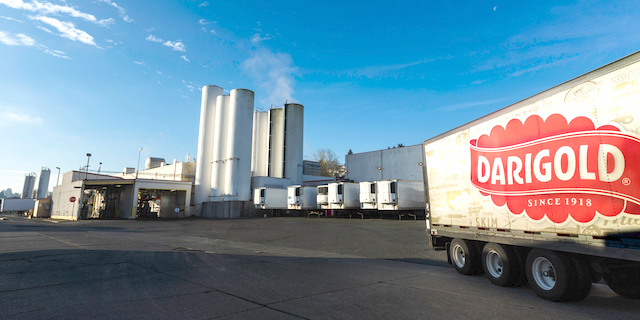British PM draws ‘red line’ on food safety standards for imports
Published 1:38 pm Monday, May 12, 2025

- British Prime Minister Keir Starmer at a White House press conference. The U.S. and U.K. have agreed to increase free-trade in beef, but Starmer said the U.K. won’t relax food safety standards. (White House photo)
The United States and United Kingdom have pledged to talk about increasing agricultural trade, but British Prime Minister Keir Starmer said his country won’t compromise on food safety standards, which U.S. agriculture has identified as a trade barrier.
The U.S.-U.K. Economic Prosperity Deal released May 8 obligates the countries to negotiate lower tariffs “as soon as practicable” and to discuss removing non-tariff trade barriers.
The agreement has a few commitments. The U.S. and U.K. agreed to increase the free trade of beef to benefit the meat industry on both sides of the Atlantic. In addition, the U.S. will be able to export up to 1.4 million liters of ethanol duty free to the U.K.
The agreement affirms both sides will comply with the other side’s sanitary and phytosanitary measures.
“We said we have red lines on standards, particularly in agriculture. We kept to those standards. The SPS red line is a red line that’s written into the agreement,” Starmer said, speaking at an auto plant to highlight U.S. concessions on British vehicles.
In comments this year to the Office of the U.S. Trade Representative, farm groups identified U.K. and European Union food safety standards as barriers to increased trade U.S.
The National Milk Producers Federation said the U.K. retained EU regulations even after exiting the EU. The federation added that “the U.K. has always been a more reasonable and positive trading partner than the EU.”
U.S. Trade Representative Jamieson Greer said the U.S. and U.K. will respect each others’ regulations, but will try to come to “an accommodation.”
“We’re going to discuss all these types of issues,” he said. “We want the consumers in both countries to choose what they want and give them the information they need.”
American Farm Bureau President Zippy Duvall said the trade deal was an important “first step.”
“More work is needed, however, to remove the arbitrary barriers that have excluded American-grown food from grocery stores in the U.K.,” he said in a statement.
The U.K. bans hormone-fed beef. Still, Agriculture Secretary Brooke Rollins and the National Cattlemen’s Beef Association said the new trade deal will increase beef exports to the U.K.
The U.K. currently limits U.S. beef imports to 1,000 tons a year and imposes a 20% tariff. The U.K. agreed to let in 13,000 tons of beef duty-free. In return, the U.S. will let in a like amount of U.K. beef.
President Donald Trump said the U.S. can supply any kind of beef the British want.
“I think they’ll take what they want. We have plenty of it,” Trump said.
The NCBA has been pushing for a bilateral trade deal with the U.K. for years. The NCBA said it was discouraging when the Biden administration stepped back from negotiations and Australia and New Zealand producers gained a competitive advantage.






